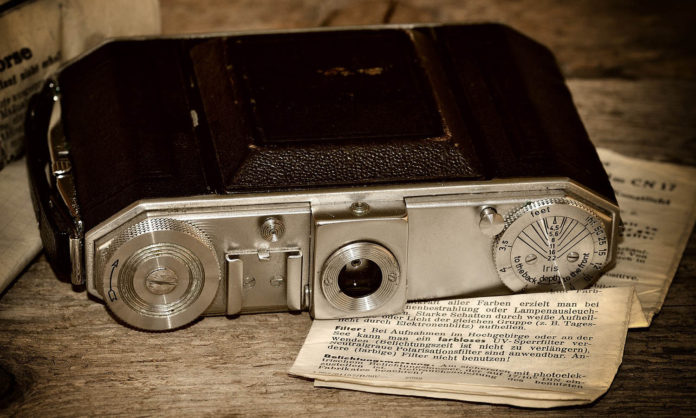In an article for Script Lab, Ken Miyamoto examines tone in writing and why it’s important. “Tone…creates the mood and atmosphere of the story, plot, and characters,” he says. “An inconsistent or unclear tone confuses the reader and audience, decreasing the likelihood of producing the screenplay.”
Miyamoto defines tone as the “presented attitude or approach the screenwriter takes toward the concept, subject, character interaction, and narrative of the screenplay.” As an example, Miyamoto notes three movies in which an asteroid is going to strike the Earth, each of which had a different tone: Armageddon (light-hearted, action-driven); Deep Impact (dramatic, tragic); and Don’t Look Up (satirical, comedic). “Do you, the screenwriter, intend to make the audience laugh, cheer, or cry?” Miyamoto asks. “You can certainly provide all of those intentions throughout your screenplay, but there needs to be one predominant intention.”
Your setting also emphasizes your tone. Using the examples above, Armageddon takes place mostly in space, after all the heavy science is figured out. In Deep Impact, the focus is on more grounded science, presented dramatically. And in Don’t Look Up, the characters interact in government buildings, almost completely divorced from the science.
Of course, dialogue is one of your key tools to conveying tone. While most stories combine drama and humor, one or the other will predominate. Your word choices and dialogue will convey to the audience whether they’re in for a lighthearted romp or should be prepared for a more serious examination of your subject.












